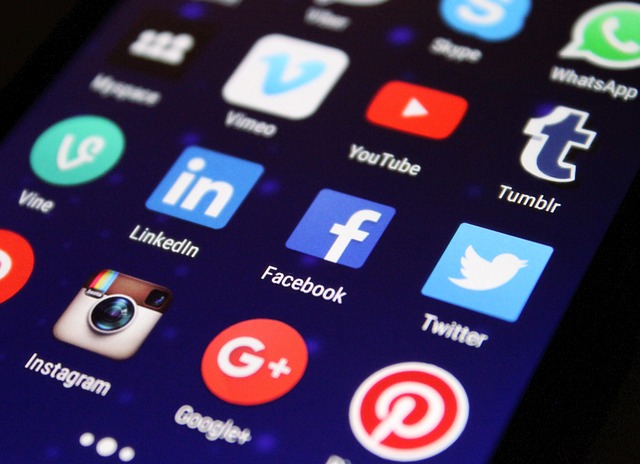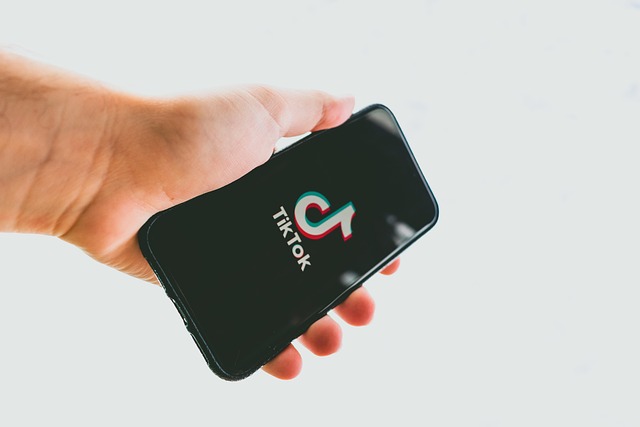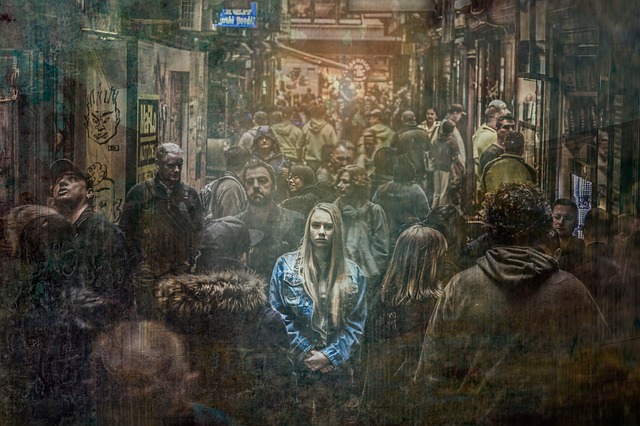In today’s digital age, social media has become a powerful tool that influences numerous aspects of our lives, including the complex world of literature relationships. Social media literature relationships are redefining how writers and readers connect, collaborate, and share their thoughts and inspirations. With platforms like Instagram, Twitter, and Goodreads, authors can now reach audiences far beyond traditional book signings and literary festivals.
The impact of social media on literature relationships cannot be understated. Writers have the ability to interact with their readers directly, providing insights into their writing process, sharing behind-the-scenes glimpses of their work, and fostering a sense of community around their books. This direct communication fosters a more personal connection that was difficult to achieve before the rise of social media. Readers feel a sense of inclusion; they can engage with authors in real-time, participate in discussions, and even influence the author’s future works through feedback and suggestions.
Moreover, social media platforms serve as an invaluable space for discovering new literature. Readers often turn to their social feeds for recommendations, sharing their thoughts about novels and authors they love. The prevalence of bookstagram and booktok—where users share reviews and recommendations—creates a unique ecosystem where literature can thrive through visual storytelling and dynamic engagement. This not only enriches the reading experience but also helps lesser-known authors gain visibility in a saturated market.
The role of social media in literature relationships extends further into collaborative writing and community building. Groups and forums on platforms like Facebook allow writers to share their drafts and receive constructive feedback from peers, all while building supportive networks. Whether it’s through group challenges, word sprints, or simply exchanging insights, these platforms offer budding and established authors alike a supportive environment to grow their craft.
However, while social media can be a catalyst for building constructive literature relationships, it also presents challenges. The pressure to maintain an active online presence can become overwhelming for writers, often leading to burnout or a feeling of inadequacy. This constant comparison can detract from the very essence of writing—creativity and authenticity. It’s vital for authors to establish boundaries and prioritize their mental health amidst the alluring but often distracting world of social media.
Despite these challenges, the dialogues fostered through social media around literature are more vibrant than ever. Readers are not just an audience; they are active participants in the literary community, shaping the narrative through their interactions. The blend of personal stories, shared experiences, and literary discussions transforms simple literature relationships into profound connections that transcend mere words on a page.
As we continue to navigate the ever-evolving landscape of social media, it’s essential to recognize its dual role. It can be both a space of inspiration and a source of pressure. Writers and readers alike can harness the power of social media literature relationships to build connections that enrich the literary world, fostering a community where storytelling thrives. The ongoing evolution of these relationships promises to keep literature vibrant and accessible in ways we are only beginning to explore.




